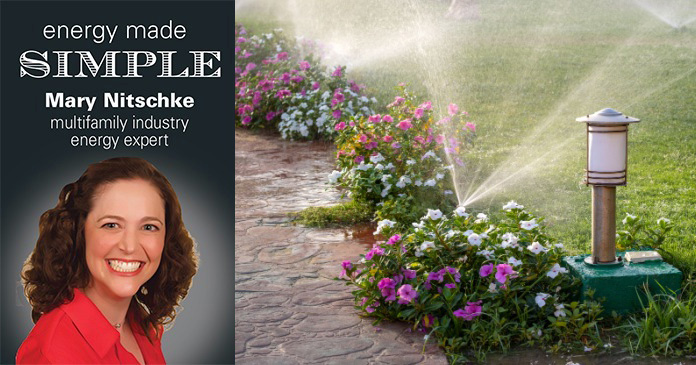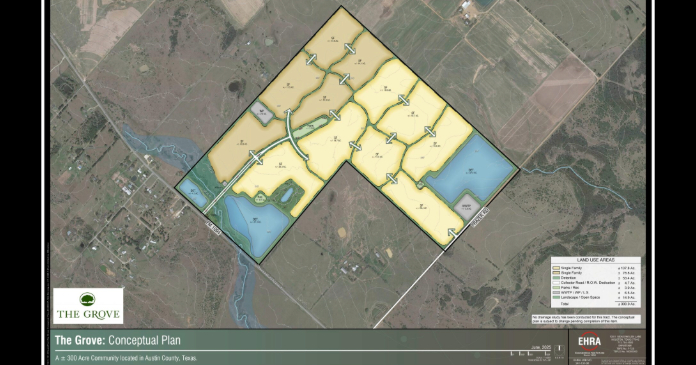As we cruise into summer, we anticipate it being warm, hot, or perhaps even stupid hot, depending on where you live in the country. Regardless, summer means that we tend to increase our irrigation schedules to maintain curb appeal. Given the complexities of irrigation, it makes sense to me that we rely on our landscape partners for support. Yet I am always surprised every time when I ask a maintenance professional to produce his keys to unlock the irrigation control and he says, “our landscaper has that, we trust him to take care of us.” My motto is, “Don’t trust THE GUY.”
It is not that our landscapers are bad individuals who want to harm us; truly their success relies on our success after all. However, trusting them implicitly suggests that we believe they are inerrant, something I have trouble believing about any human. I suspect they are like me and can forget to adjust the irrigation schedule for temperature, humidity, and the seasonal needs of our plants. Even when they are meticulous and regularly, manually adjust the irrigation schedule, it is still often done a month in arrears.
What I do trust and advocate for is satellite-controlled irrigation systems. These are run by AI and algorithms which adjust the irrigation schedule daily based on a myriad of factors, including climate, weather events, soil type, slope, and plant material. A cactus needs less water than a pansy. Given that on Memorial Day Weekend, a huge swath of the country got pounded by rain and hail warranted a temporary reduction in watering since we got free water from the sky.
USGBC’s LEED O&M designation suggests that sites that use satellite-controlled irrigation systems use 10-15% less water than sites that use manually operated controllers. This efficiency is due to the controller’s ability to automatically adjust irrigation based on weather factors as they occur or directly after the event. If it rained for ten hours straight yesterday, maybe we can skip watering or reduce irrigation duration for this week. If your property is in a market that has had forty-five consecutive days of record-breaking heat (I am looking at you, Texas) perhaps a different adjustment is needed. Additionally, studies have shown that algorithms and math tend to be about 11% more accurate at predicting outcomes (in this case, water requirements) than individuals who are deemed experts in the same field.
The payback period for satellite controllers tends to be fast (less than 3 years), particularly if you are in markets that rely on irrigation and have a lot of landscape material. You might not need the system if you have podium style construction with almost no landscaping. However, if you are operating a lush garden style campus, don’t trust the guy, who is human and can make errors, trust the math.














